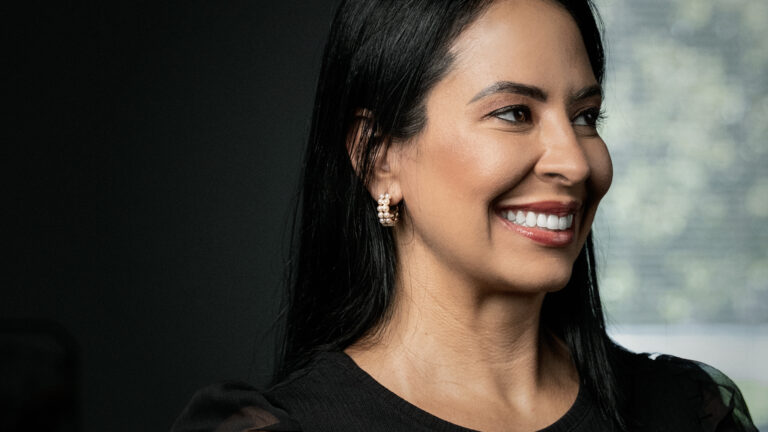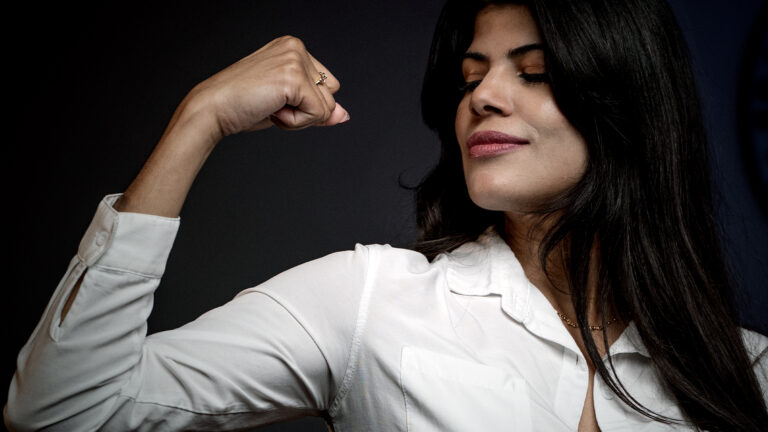Starbucks is one of the most recognizable and beloved coffee brands globally, with a ubiquitous presence in many countries. Aspiring entrepreneurs often wonder, is Starbucks a franchise? The reality of a Starbucks franchise is unique and differs significantly from many other popular brands. Here’s an informative overview of what it takes to be part of the Starbucks family and why traditional franchising isn’t an option.
Can You Franchise a Starbucks?
The straightforward answer is no, you cannot franchise a Starbucks in the traditional sense. Unlike many other well-known brands, Starbucks does not offer a conventional Starbucks franchise opportunity. Instead, the company has chosen a different path, favoring licensing agreements over franchising, particularly within the United States. This approach allows Starbucks to maintain tighter control over its brand, ensuring a consistent customer experience across all locations.
Understanding Starbucks’ Licensing Model.
The decision to avoid traditional franchising is deeply rooted in Starbucks’ history. Since its inception, Starbucks has emphasized quality control and brand integrity. This strategy dates back to 1991, when Starbucks first allowed Marriott hotels to operate its locations within airports. This licensing model has since expanded to include other non-traditional venues like hospitals, colleges, and retail stores.
Why Doesn’t Starbucks Franchise?
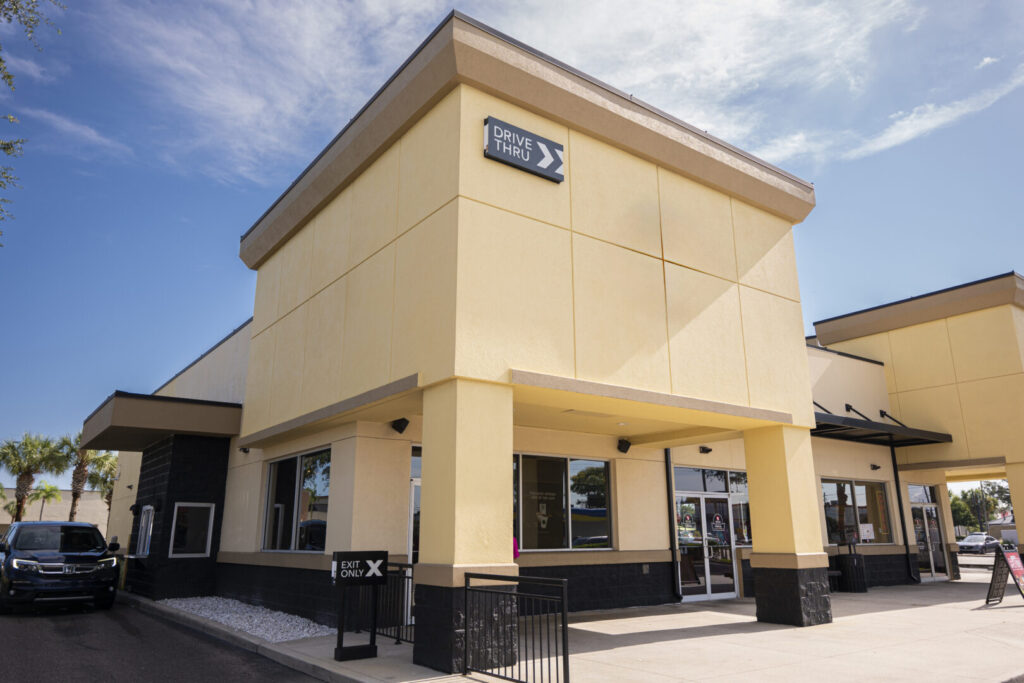
- Quality Control: Starbucks prides itself on delivering a consistent and high-quality experience to its customers worldwide. By retaining ownership and control over its stores, Starbucks can ensure that its stringent quality standards are met uniformly across all locations.
- Brand Integrity: Maintaining brand integrity is crucial for Starbucks. Direct ownership allows the company to implement and adapt new strategies swiftly without the complications that come with traditional franchising. This approach helps in preserving the brand’s core values and vision.
- Innovation and Adaptation: Starbucks is known for its innovation in product offerings and store experiences. By owning its stores, Starbucks can quickly roll out new initiatives and adapt to market changes, ensuring that customers always have a fresh and engaging experience.
The History Behind the Starbucks Franchise Decision.
Starbucks’ decision to forgo traditional franchising dates back to its early days. When Howard Schultz acquired the company in 1987, he envisioned creating a unique coffeehouse experience inspired by Italian espresso bars. Schultz believed that the best way to maintain the authenticity and quality of this experience was through direct ownership and control.
Over the years, this strategy has allowed Starbucks to grow consistently while maintaining a strong brand identity. By owning its stores, Starbucks has been able to implement a unified approach to store design, employee training, and customer service, which has been instrumental in building a loyal customer base.
The Starbucks Franchise Licensing Opportunity.
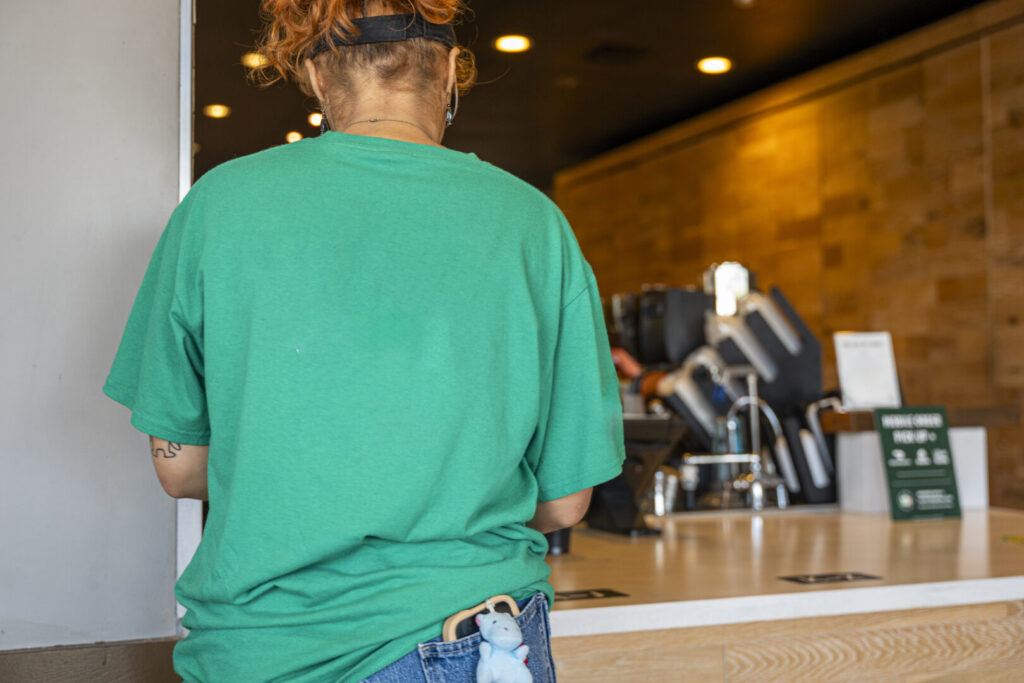
While traditional franchising isn’t an option, Starbucks does offer alternative opportunities through its licensing model. If you’ve ever wondered, can you franchise a Starbucks, understanding this licensing reality is crucial. Licensed stores are typically found in non-traditional venues like airports, universities, and hospitals, where Starbucks partners with third-party operators. These partners receive extensive support from Starbucks, including store design, menu selection, equipment, training, and ongoing operational guidance. However, it’s important to understand that this is not traditional ownership—you are licensing the Starbucks brand, not owning it.
The cost of entering this licensing arrangement is significant. The Starbucks franchise cost or rather, the cost of a licensed store, can range from $315,000 to $2,660,000, depending on the location and size of the store. Starbucks seeks partners with a strong business background, particularly in the food and beverage industry, and an attractive real estate location that aligns with their growth strategy.
Alternatives to a Starbucks Franchise.
- Licensed Stores: Starbucks operates a licensing model in certain locations, such as airports, universities, and other non-traditional venues. These licensed stores are operated by third parties but must adhere to Starbucks’ stringent operational guidelines. This ensures that the high standards of service and product quality are maintained across all locations, even those not directly owned by Starbucks. Licensed stores offer an opportunity for businesses to leverage the Starbucks brand and its established customer base. However, these partnerships are carefully selected, and the operators must demonstrate a strong commitment to Starbucks’ values and standards.
- Teavana: Starbucks acquired the Teavana brand, and while standalone Teavana stores have been closed, Starbucks still offers Teavana products in its stores and through various retail channels. This integration allows Starbucks to expand its product offerings while maintaining control over the brand experience. Teavana’s inclusion in Starbucks stores provides customers with a broader range of high-quality tea options, enhancing the overall Starbucks experience. This strategic move has allowed Starbucks to tap into the growing tea market while maintaining its focus on quality and innovation.
- Starbucks Reserve Bars: These upscale locations offer a unique, premium coffee experience. Starbucks Reserve Bars are designed to highlight rare and exotic coffee beans, providing customers with an elevated and distinctive experience. Although not franchised, these stores showcase Starbucks’ commitment to quality and innovation in the coffee industry. The Reserve Bars feature exclusive brewing methods and a sophisticated ambiance, attracting coffee enthusiasts looking for a refined and luxurious coffee experience. This concept demonstrates Starbucks’ ability to innovate within its own brand, offering customers new and exciting ways to enjoy their favorite beverages.
Costs and Investments in a Starbucks Franchise.
For those exploring licensed store opportunities, it’s important to understand the financial commitment involved. How much is a Starbucks franchise? For a licensed store, the initial investment can range from $315,000 to $2,660,000, depending on the location and size of the store. This investment includes costs such as construction, equipment, and initial inventory. Additionally, there are ongoing fees, including a royalty fee based on a percentage of monthly sales.
The high costs associated with a Starbucks franchise or licensed store reflect the brand’s value and the extensive support provided by the company. Starbucks ensures that licensed stores meet the same rigorous standards as company-owned stores, which includes comprehensive training for staff, marketing support, and continuous operational guidance.
Cost Breakdown for Licensing a Starbucks Store.
| Expense | Estimated Cost Range |
|---|---|
| Initial Investment | $315,000 – $2,660,000 |
| Construction and Build-out | $200,000 – $1,500,000 |
| Equipment | $80,000 – $150,000 |
| Initial Inventory | $20,000 – $50,000 |
| Royalty Fees | Percentage of Monthly Sales |
The Process of Becoming a Licensed Partner.
Becoming a licensed partner with Starbucks involves a detailed and selective process. Potential partners must demonstrate not only the financial capability to invest in a Starbucks store but also the operational expertise to manage it successfully. Starbucks seeks partners who share its commitment to quality and customer service.
- Application and Evaluation: Interested parties must submit a detailed application outlining their business experience, financial stability, and alignment with Starbucks’ values. This initial step helps Starbucks assess the suitability of potential partners.
- Training and Development: Once approved, licensed partners undergo extensive training provided by Starbucks. This training covers all aspects of store operations, from coffee brewing techniques to customer service standards. The goal is to ensure that every licensed store delivers the same high-quality experience as a company-owned store.
- Ongoing Support: Starbucks provides continuous support to its licensed partners, including marketing resources, operational guidance, and regular quality assessments. This partnership approach ensures that licensed stores can thrive while maintaining Starbucks’ brand integrity.
Starbucks’ Commitment to Social Responsibility.
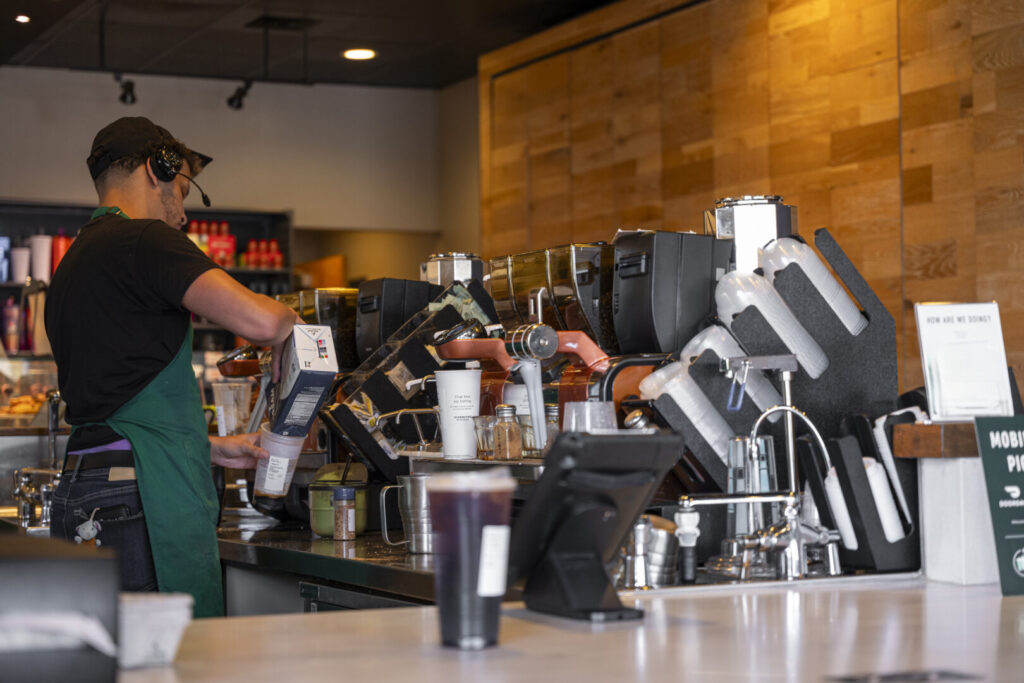
In addition to its focus on quality and consistency, Starbucks is renowned for its commitment to social responsibility. This commitment is a cornerstone of the company’s philosophy and is reflected in various initiatives:
- Ethical Sourcing: Starbucks is dedicated to ethically sourcing its coffee beans. The company works closely with farmers to ensure fair trade practices, sustainable farming methods, and high-quality coffee production. Starbucks’ Coffee and Farmer Equity (C.A.F.E.) Practices program sets the standard for ethical sourcing in the coffee industry.
- Environmental Stewardship: Starbucks actively pursues environmentally friendly practices. The company has implemented numerous initiatives to reduce its environmental footprint, including waste reduction programs, energy-efficient store designs, and efforts to eliminate single-use plastics. Starbucks aims to become a resource-positive company, meaning it gives more than it takes from the planet.
- Community Engagement: Starbucks is deeply committed to the communities it serves. The company invests in local communities through various programs, including youth employment initiatives, support for local non-profits, and volunteer opportunities for employees. Starbucks’ community engagement efforts aim to create positive social impact and build stronger communities.
Starbucks’ Global Reach.
Starbucks’ commitment to quality, innovation, and social responsibility has helped it grow into a global powerhouse. The company’s extensive reach is a testament to its successful business model and the strong appeal of its brand.
| Region | Number of Stores (2023) |
|---|---|
| North America | 18,000 |
| China/Asia Pacific | 6,000 |
| Europe, Middle East, and Africa | 3,500 |
| Latin America | 1,800 |
| Total Worldwide | 29,300 |
Starbucks continues to expand its presence, with plans to open thousands of new stores worldwide. This growth strategy is supported by the company’s commitment to maintaining high standards and delivering exceptional customer experiences.
The Starbucks Franchise Experience.
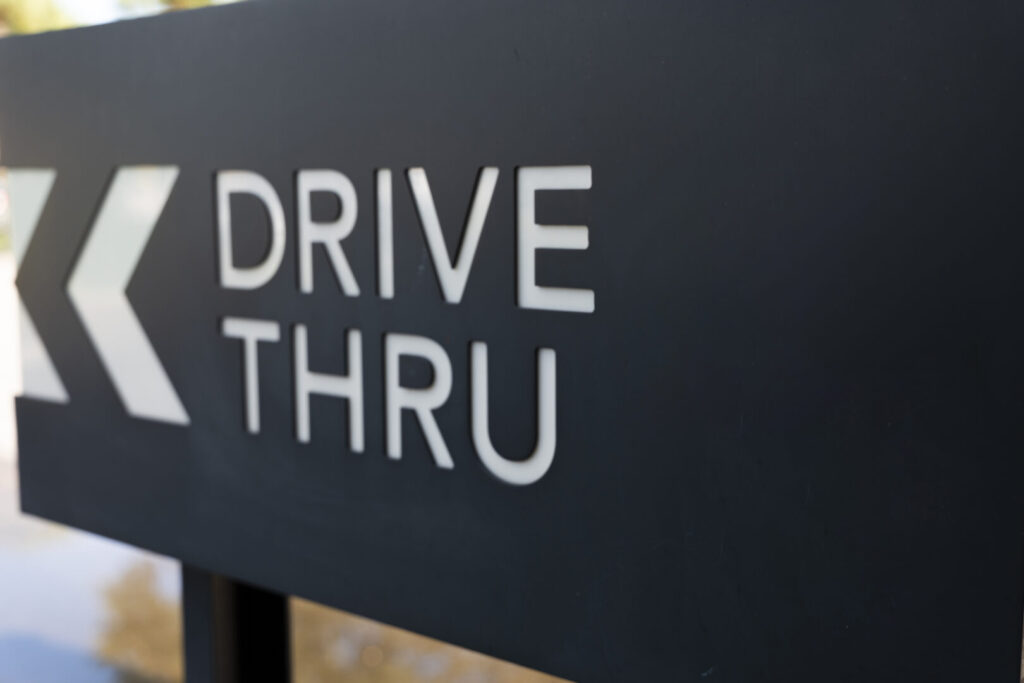
At the heart of Starbucks’ success is the unique experience it offers customers. This experience goes beyond the high-quality coffee and tea products. It encompasses the ambiance of the stores, the personalized customer service, and the sense of community that Starbucks fosters.
- Store Design: Starbucks stores are meticulously designed to create a welcoming and comfortable environment. From cozy seating areas to aesthetically pleasing decor, every aspect of a Starbucks store is crafted to enhance the customer experience. This thoughtful design contributes to Starbucks’ reputation as a “third place” where people can relax and connect.
- Customer Service: Starbucks places a strong emphasis on customer service. Baristas are trained to provide personalized service, whether it’s remembering a regular customer’s favorite drink or engaging in friendly conversations. This focus on customer service helps build loyalty and creates memorable experiences for customers.
- Community Spaces: Many Starbucks stores serve as community hubs where people gather for meetings, study sessions, or socializing. Starbucks’ commitment to creating a sense of community within its stores is a key factor in its enduring popularity. The company often hosts events and encourages customers to use its spaces for various activities.
Can I Franchise a Starbucks?
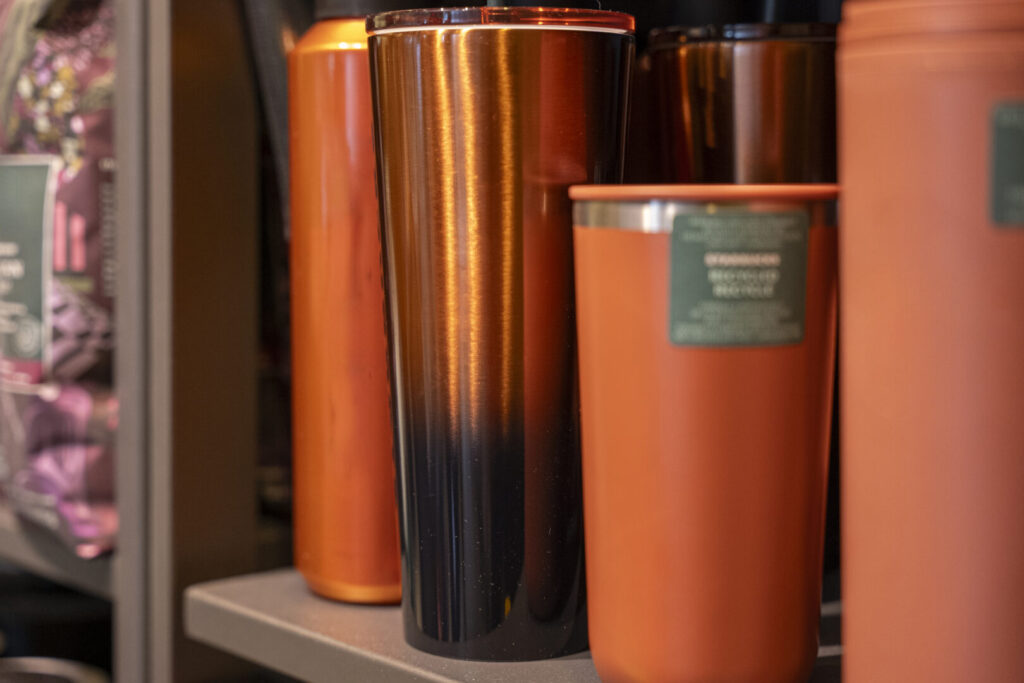
For those asking, how much is a Starbucks franchise or can I franchise a Starbucks, the answer lies in understanding that traditional franchising is not available with Starbucks. Instead, the path to aligning with this iconic brand is through licensing—a process that requires significant investment, both financially and in terms of aligning with Starbucks’ stringent standards. While you may not “own” a Starbucks in the conventional franchise sense, you can still be part of the Starbucks family through a licensed partnership that upholds the values and quality that the brand is known for worldwide.
This leaves potential investors with a critical question: Is a licensing agreement with Starbucks the right fit for your business goals, or should you explore other franchise opportunities that offer full ownership? The answer depends on your alignment with Starbucks’ brand values and your willingness to meet their rigorous requirements.

